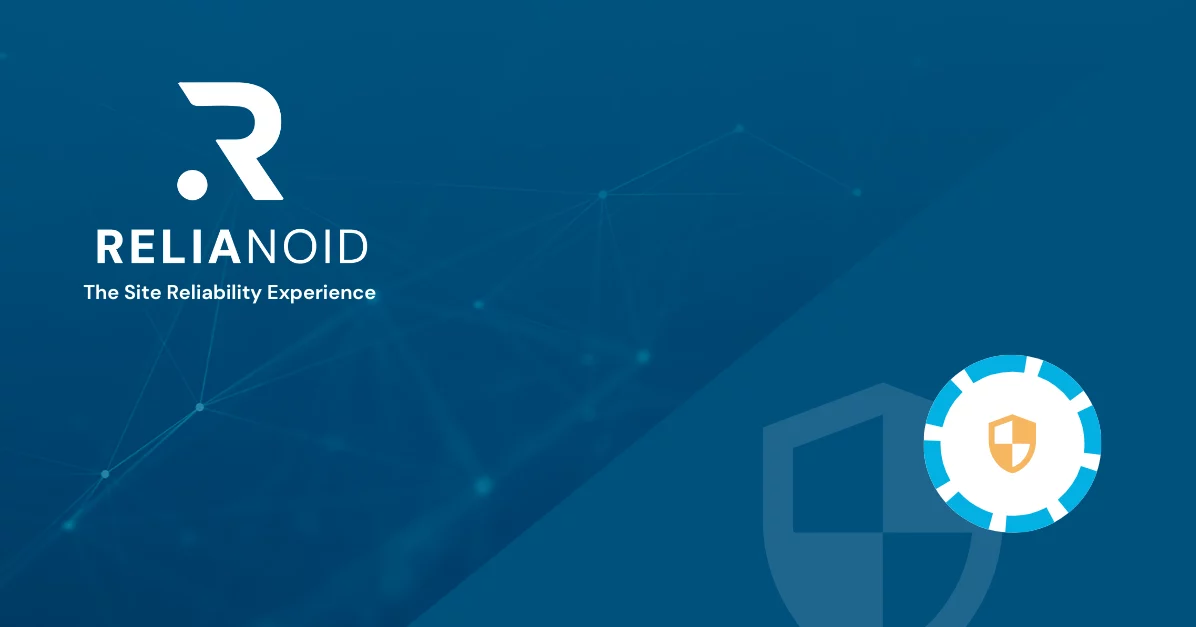In the interconnected world of modern healthcare, the integrity and security of IT systems are paramount. Recent events, such as the ransomware attack on hospitals across Romania, underscore the urgent need for robust cybersecurity measures within healthcare organizations. This incident serves as a poignant reminder of the potential consequences of inadequate security practices and the importance of implementing solutions like load balancing to mitigate such risks.
Romanian hospitals under attack
Last February, over a hundred Romanian healthcare facilities were hit by a ransomware attack, forcing some doctors to revert to using pen and paper. The attackers demanded 3.5 Bitcoin, worth over £130,000, to decrypt essential files. However, Romanian cyber officials noted that recent data backups mitigated the impact. According to the DNSC, the attack affected 25 hospitals, beginning with the Pitesti Paediatric Hospital.
The ransomware attack on Romanian hospitals, resulting in the encryption of data across numerous facilities, highlights the vulnerability of healthcare IT systems to malicious cyber threats. Such attacks not only disrupt vital healthcare services but also jeopardize patient confidentiality and safety. In response to this incident, cybersecurity authorities rightly advise against paying the ransom, emphasizing the need for proactive defense strategies to prevent and mitigate such attacks.
Load balancers as a needed protection
Load balancing emerges as a crucial component of cybersecurity infrastructure for healthcare IT systems. Load balancers distribute network traffic evenly across multiple servers, ensuring optimal performance and availability of resources. By spreading the workload across redundant servers, load balancing minimizes the risk of system overload and enhances resilience against cyberattacks, including ransomware.
One of the key benefits of load balancing is its ability to provide high availability and fault tolerance. In the event of a cyberattack targeting one server, load balancers can redirect traffic to unaffected servers, thereby maintaining continuity of operations and preventing service disruptions. This capability is particularly critical in healthcare settings where uninterrupted access to patient data and medical records is essential for delivering timely and effective care.
Moreover, load balancing contributes to enhanced security by mitigating the impact of Distributed Denial of Service (DDoS) attacks, a common tactic employed by cybercriminals to overwhelm network resources and disrupt services. By distributing incoming traffic across multiple servers, load balancers help to absorb and mitigate the effects of DDoS attacks, safeguarding the availability and integrity of healthcare IT systems.
A call for Healthcare organizations and companies
In light of the escalating cyber threats facing the healthcare sector, organizations must prioritize investment in robust cybersecurity measures, including load balancing solutions. Proactive risk management strategies, combined with comprehensive cybersecurity protocols and technologies, are essential for safeguarding patient data, maintaining operational resilience, and upholding the trust and integrity of healthcare systems.
The recent ransomware attack on hospitals in Romania serves as a stark reminder of the critical importance of cybersecurity in healthcare IT. By leveraging technologies like load balancing, healthcare organizations can enhance their security posture, mitigate risks, and ensure the uninterrupted delivery of essential services to patients. As threats continue to evolve, proactive investment in cybersecurity remains indispensable for safeguarding the future of healthcare delivery. Please, contact us so we can help you with that.





